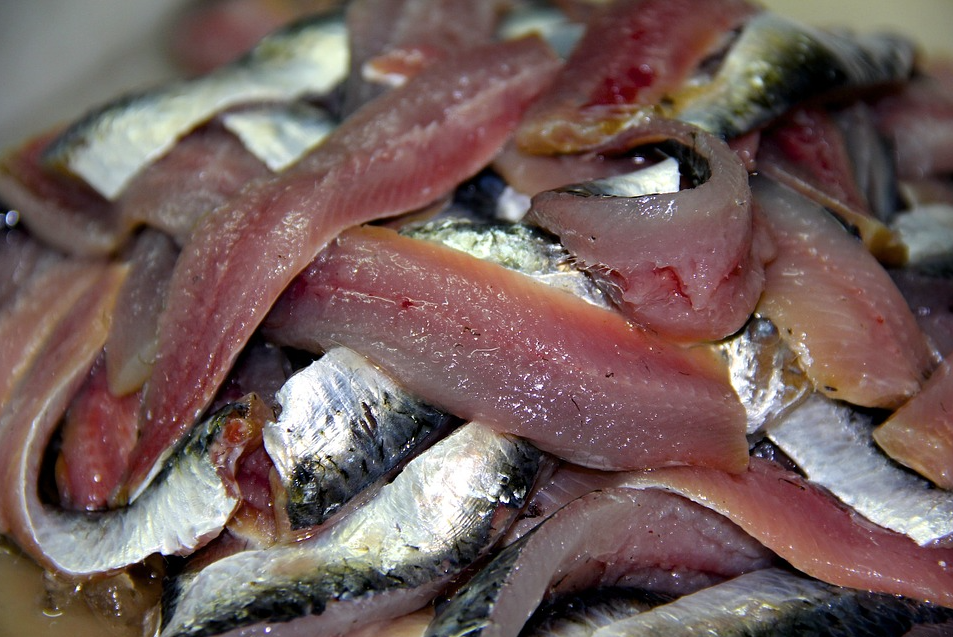SUPERFOODS THAT HAVE YOUR HEART IN MIND
Heart disease is number one killer among both men and women in the United States. And though we all realize that eating nutrient-dense healthy foods help reduce the risk, we may not know which foods are the best choices to battle this deadly disease head on.
The key is stepping up fiber and choosing unsaturated fats. Eating unsaturated fats, like omega-3 fatty acids and olive oil, can help to reduce triglycerides. And a diet rich in soluble fiber, which is often found in legumes and some fruits and vegetables, helps to decrease LDL cholesterol levels.
Sardines are an awesome source of omega-3 fatty acids, along with calcium and niacin. You can prepare fresh ones on the grill, or canned sardines work great in salads or sandwiches. Mackerel is another excellent source of omega-3s, and is full of selenium, which is an antioxidant mineral which may help protect the body from heart disease and cancer. A great way to get omega-3s on the go is by grabbing a handful of walnuts for an afternoon snack. Add some to your green salad, or give chicken salad a nutrition boost by adding ground walnuts.
Kidney beans are an affordable source of high fiber, are low fat, and have no cholesterol. Add them to salads and chili, as they truly are almost a perfect health food. Since canned varieties tend to be higher in sodium, try to use the dried varieties whenever possible.
Whole-grain barley is rich in soluble fiber and insoluble fiber, which is good for combating constipation. It’s also a good protein source and has a good supply of iron and minerals. Choose whole-grain barley cereals, or substitute whole-grain barley for rice and pasta side dishes once a week.
Oatmeal is a great way to boost your fiber content early in the morning, and it also has a low glycemic index, which helps to provide lasting energy stave off hunger. Choose rolled oats, and add some raisins, apples, and honey for flavor. Instant oatmeal isn’t a healthy option as it’s usually loaded with sugar.
mayo clinic – http://www.mayoclinic.org/diseases-conditions/heart-disease/in-depth/omega-3/art-20045614

Share this Post